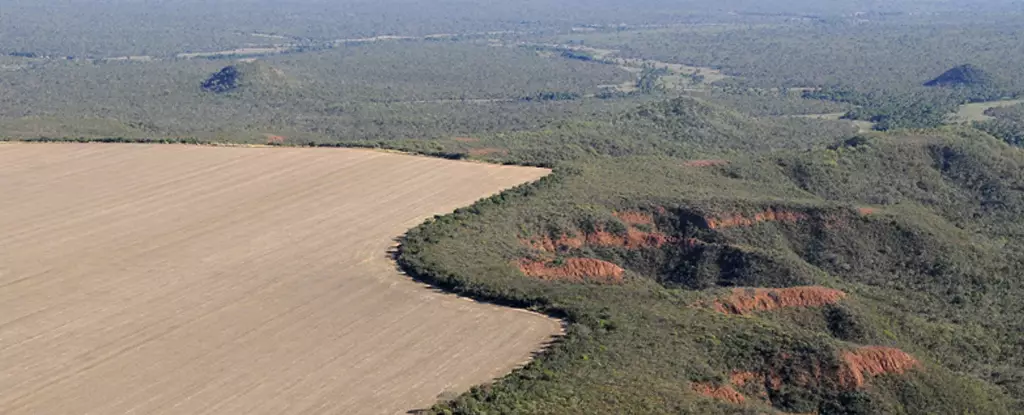Rangelands cover more than half of the Earth’s land surface and are crucial for sustaining billions of people around the world. These diverse ecosystems, including deserts, grasslands, shrublands, and tundra, provide essential resources such as meat, dairy, fiber, and other staple foods. They also play a significant role in Earth’s nutrient, water, and carbon cycles. However, a new report from the United Nations reveals that up to 50 percent of rangelands are currently degraded. This problem has been largely underestimated, highlighting the urgent need for action to address rangeland health and productivity.
Rangeland degradation is primarily caused by poor land management practices, exacerbated by factors such as climate change, land clearing, mining, overgrazing, soil nutrient depletion, erosion, salinization, and alkalinization. These destructive activities not only lead to drought and desertification but also contribute to the overall decline in rangeland health. The conversion of rangelands for crop production, in an effort to increase food security and land productivity, has further aggravated the situation, resulting in diminishing yields.
In regions such as Central Asia and Mongolia, conflict, border disputes, and overgrazing have intensified rangeland degradation. The movement of livestock is inhibited due to these issues, leading to further environmental damage. Additionally, more frequent wildfires have become a growing concern, particularly in areas like Central Asia and Mongolia. These regions heavily depend on herding livestock, with rangelands comprising a significant portion of their land. It is essential to address these challenges through sustainable land management practices to prevent irreversible damage.
Efforts to protect rangelands and promote sustainable land management practices require the incorporation of indigenous knowledge, as well as a collaborative approach involving local communities and scientific experts. The report emphasizes the necessity of shifting away from damaging practices like monocultural farming and adopting a more holistic and integrated approach to managing rangelands. Only by working together and implementing effective strategies can we prevent further degradation and preserve the invaluable cultural, environmental, and economic benefits provided by rangelands.
With only 12 percent of the world’s rangelands currently protected, urgent action is needed to address the escalating issue of rangeland degradation. Climate mitigation, cross-border cooperation, and the integration of diverse knowledge systems are key components of successful rangeland management strategies. By prioritizing the conservation and sustainable use of rangelands, we can ensure that future generations will continue to benefit from their vast ecological and economic contributions. It is imperative that we take proactive measures now to safeguard these vital ecosystems for the well-being of all.


Leave a Reply